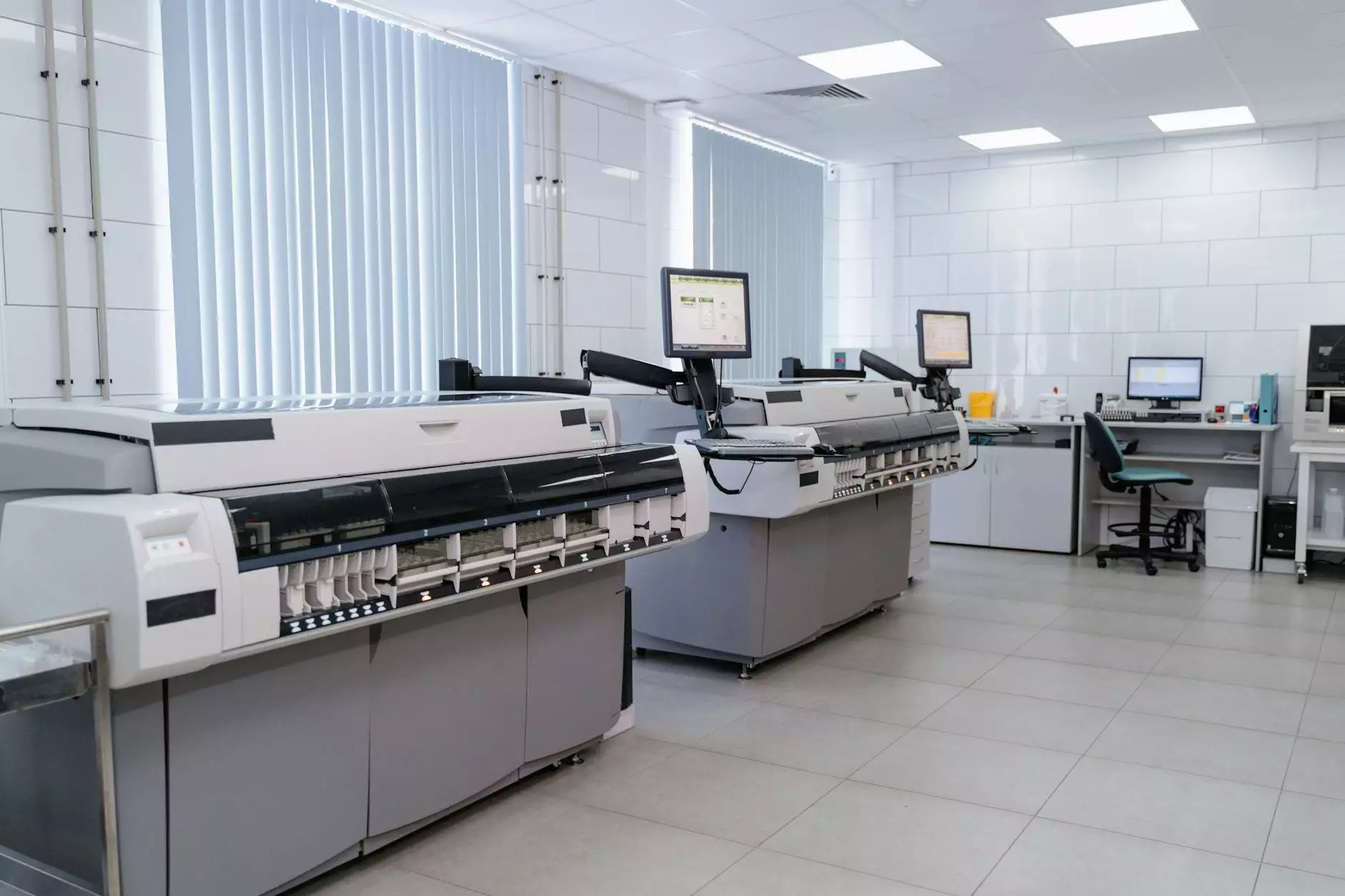Lung Cancer Screening: Importance, Methods, and Benefits

Lung cancer is a leading cause of cancer-related deaths worldwide, making the need for effective screening techniques paramount. At HelloPhysio, we prioritize your health through comprehensive health services, including screenings that can save lives. This article delves deep into the significance of lung cancer screening, the various methods available, and the benefits of early detection.
Understanding Lung Cancer
Lung cancer occurs when cells in the lungs grow uncontrollably, leading to tumor formation. This disease can be categorized mainly into two types:
- Non-small cell lung cancer (NSCLC) - the most common form, accounting for approximately 85% of cases.
- Small cell lung cancer (SCLC) - a less common but more aggressive type.
Both types exhibit various symptoms, including persistent cough, coughing up blood, weight loss, and difficulty breathing. Recognizing these symptoms early and undergoing screening can significantly improve treatment outcomes.
Why Lung Cancer Screening is Crucial
Screeing for lung cancer is essential for several reasons:
- Early Detection: Screening helps in detecting lung cancer at an early stage when it is most treatable.
- Increased Survival Rates: Studies have shown that early-stage lung cancer patients have better survival rates compared to those diagnosed at a later stage.
- Targeted Treatment Plans: Knowing whether lung cancer is present allows for more effective treatment planning.
- Reducing Healthcare Costs: Early treatment can often lead to a lower cost of care compared to late-stage treatment.
Who Should Consider Lung Cancer Screening?
According to health experts, certain populations are at a heightened risk for lung cancer and should strongly consider routine screenings. These include:
- Individuals aged 50 years or older.
- Those with a history of smoking or significant exposure to secondhand smoke.
- People with a family history of lung cancer.
- Individuals exposed to hazardous substances, such as asbestos or radon.
If you fall into one or more of these categories, it is essential to discuss screening options with your healthcare provider.
Lung Cancer Screening Methods
There are primarily two methods of lung cancer screening that are widely used:
1. Low-Dose Computed Tomography (LDCT)
The LDCT is the most effective screening tool for lung cancer. This imaging technique uses a lower dose of radiation to produce detailed images of the lungs. Studies indicate that LDCT can reduce lung cancer mortality by approximately 20% in high-risk populations compared to standard chest X-rays.
2. Chest X-Rays
Chest X-rays have traditionally been used for screening purposes; however, they are less effective than LDCT in detecting lung cancer. While X-rays can identify larger tumors, they may miss smaller cancers, leading to late-stage diagnosis when treatment options become limited.
The Screening Process
Understanding what to expect during the screening process can help alleviate any anxiety. Here is a breakdown of the typical screening process for lung cancer:
- Preparation: You may receive instructions to avoid eating or drinking prior to the scan. It's essential to wear comfortable clothing free of metal fasteners.
- The Screening: During the LDCT scan, you will lie on a table while the machine rotates around you, taking images of your lungs. The procedure is quick, usually lasting less than 30 minutes.
- Post-Screening: After the scan, you can resume normal activities. Your physician will review the images and discuss the findings with you.
Interpreting Screening Results
Once you have undergone a screening, understanding the results is crucial:
- Negative Result: This indicates that no signs of cancer were found, and you may only need to return for routine screenings.
- Positive Result: A positive result means further testing is necessary, such as a biopsy, to determine if cancer is present.
The Importance of Follow-Up Care
If your screening results indicate the need for further examination, follow-up care becomes critical. At HelloPhysio, we offer comprehensive support to guide individuals through subsequent diagnostics and treatment options. Staying proactive and maintaining communication with your healthcare provider can significantly impact health outcomes.
Benefits of Lung Cancer Screening
Participating in lung cancer screening provides multiple advantages, including:
- Improved Health Awareness: Screening raises awareness about lung cancer risks and promotes discussions about overall lung health.
- Access to Treatment Resources: Early detection opens the door to a broader range of treatment options, which may include surgery, chemotherapy, and radiation therapy.
- Supportive Care: Individuals diagnosed early can benefit from holistic care services, including physical therapy, counseling, and nutritional support provided through HelloPhysio.
Conclusion
In summary, lung cancer screening is a vital step in the early detection and treatment of lung cancer. By understanding the process, knowing who should be screened, and utilizing available techniques, you empower yourself to take charge of your health and well-being. At HelloPhysio, we are dedicated to enhancing your physical health through comprehensive medical services, including effective cancer screening. Don't hesitate—schedule your lung cancer screening today to ensure a healthier tomorrow.
Contact HelloPhysio for More Information
If you have further questions about lung cancer screening or would like to book an appointment, please visit HelloPhysio or contact us directly.



